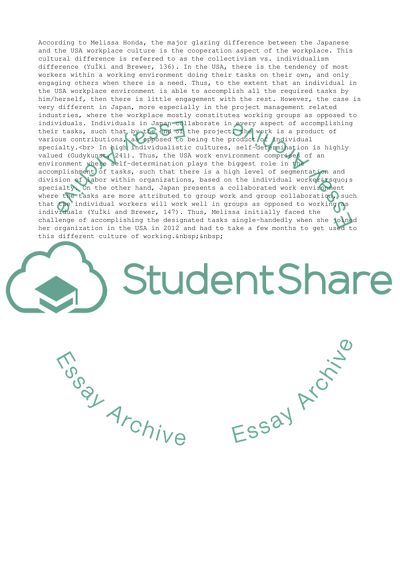Cite this document
(“Cross-culture essay (Cross-National Work Experience Interview)”, n.d.)
Cross-culture essay (Cross-National Work Experience Interview). Retrieved from https://studentshare.org/management/1685484-cross-culture-essay-cross-national-work-experience-interview
Cross-culture essay (Cross-National Work Experience Interview). Retrieved from https://studentshare.org/management/1685484-cross-culture-essay-cross-national-work-experience-interview
(Cross-Culture Essay (Cross-National Work Experience Interview)
Cross-Culture Essay (Cross-National Work Experience Interview). https://studentshare.org/management/1685484-cross-culture-essay-cross-national-work-experience-interview.
Cross-Culture Essay (Cross-National Work Experience Interview). https://studentshare.org/management/1685484-cross-culture-essay-cross-national-work-experience-interview.
“Cross-Culture Essay (Cross-National Work Experience Interview)”, n.d. https://studentshare.org/management/1685484-cross-culture-essay-cross-national-work-experience-interview.


